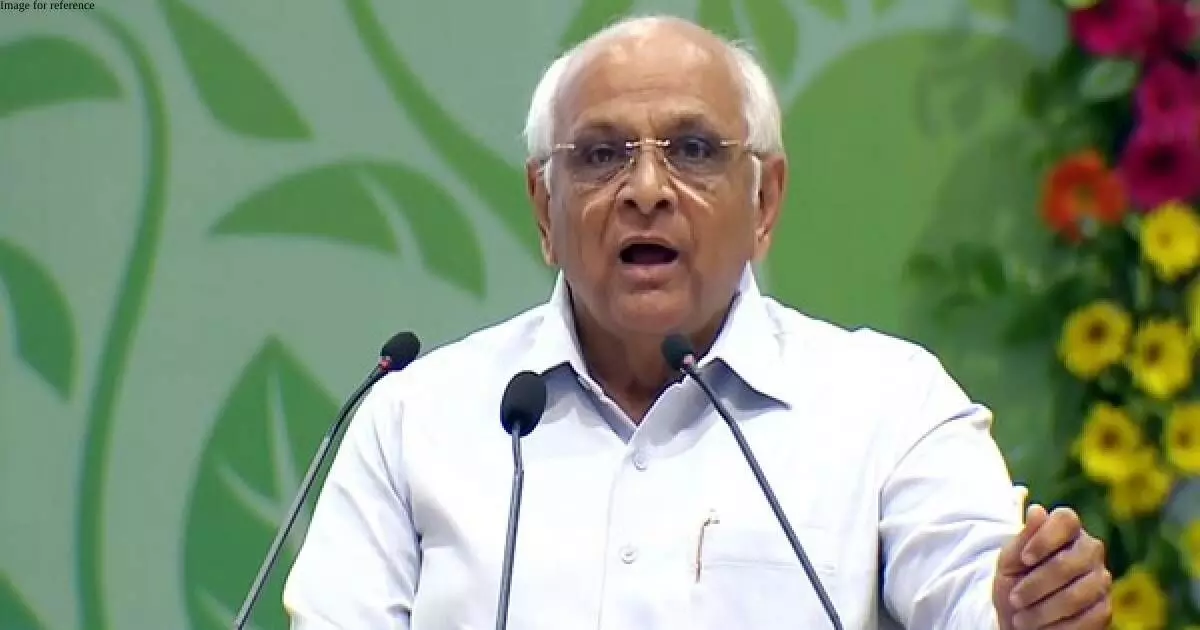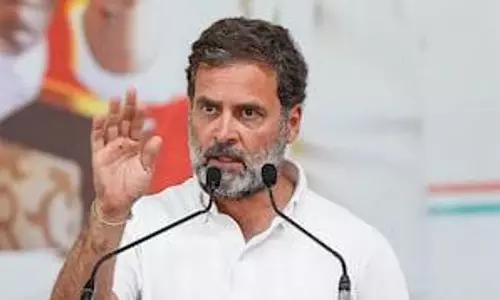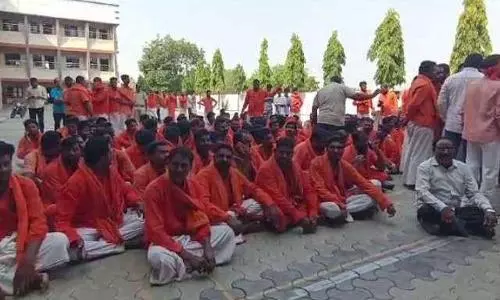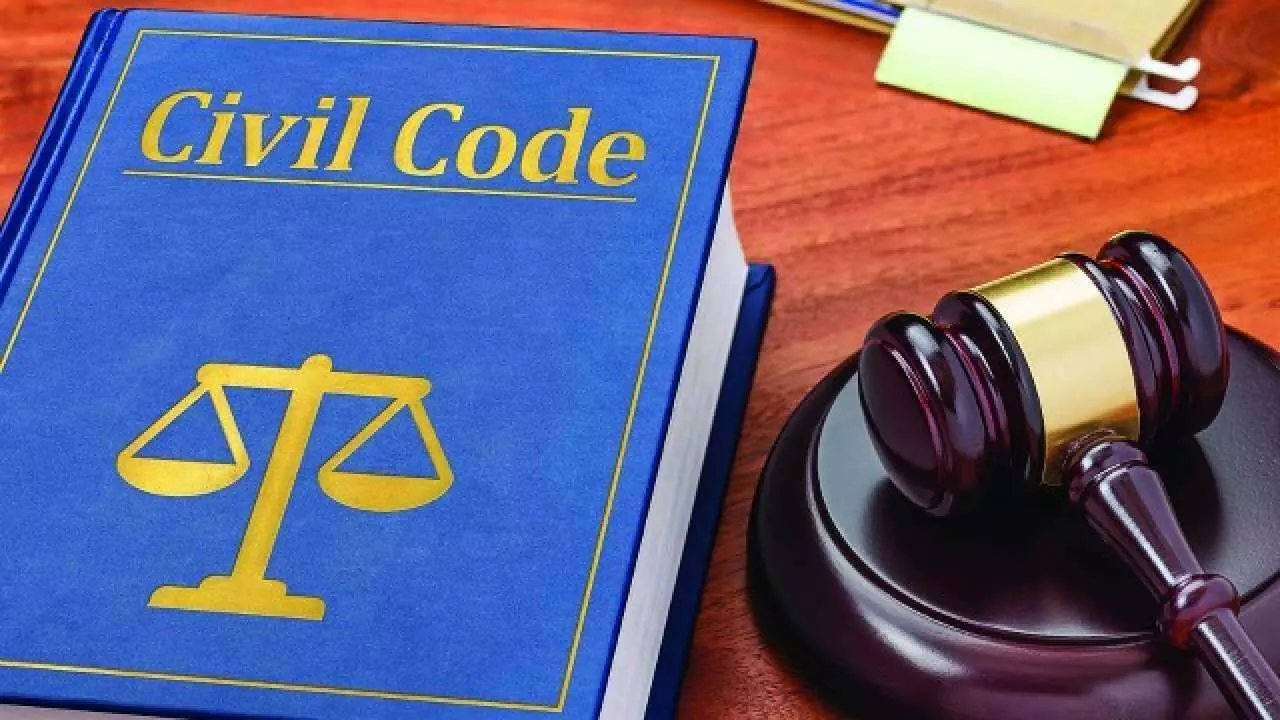
The evil intent in the Uniform Civil Code
text_fieldsJust two years from completing a decade in power, the extremist Hindutva rule in the country can claim to have fulfilled priorities on their declared agenda: Ram Temple in place of the demolished Babri Masjid is closing in on to completion; freezing Article 370 of the Constitution that granted special status to Jammu and Kashmir, while denying statehood to the region as well as bringing it under central rule. The next move is to reconstitute the state legislature ensuring steps leading to the BJP rule there. Meanwhile, Hindi is declared to be the only official language. Starting off to repeal Muslim personal law, triple talaq has been made a punishable offence. In order to round out these steps, the uniform civil code has to be implemented in the country.
 Also Read:Talk of Uniform Civil code surfaces in Gujarat ahead of Assembly election
Also Read:Talk of Uniform Civil code surfaces in Gujarat ahead of Assembly election
Although RSS ideologue MS Golwalker opined that uniform civil code is not necessary for national integration, the extremist Hindutva, believing that uniform code is essential to wipe out Muslim identity, is all set to implement it. Immediately after assuming power, Modi administration tasked the 21st Law Commission to study its feasibility in 2016. After sounding out 75,378 people, the Law Commission pointed out in its report the appropriateness of protecting the diversity of personal laws. Following which Union Law Minister Kiren Rijiju told the Parliament last July that the government was not implementing it at the time as it was still under the consideration of the court. The minister however revealed that the government had identical stand with the BJP on Uniform Civil Code and the matter was subsequently tasked to the 22nd Law Commission. The minister also said that states could implement it if the commission's reports favoured the Uniform Civil Code.
 Also Read:Uniform Civil Code discussions reemerge
Also Read:Uniform Civil Code discussions reemerge
Article 44 of the Directive principles of the Constitution laid down that the state shall endeavour to implement Uniform Civil Code and it was included in the general list to be jointly put in place by the states and the Centre. Legal experts are of the opinion that states alone cannot implement the Uniform Civil Code. There is also the question that if different civil codes are implemented in different states, then how they could be termed uniform. It is impossible to formulate or implement a Uniform Civil Code targeting only Muslims. There is no uniformity in matters such as marriage and inheritance rights among tribal groups in Hindu community. The 21st Law Commission has also mentioned these aspects. That is why the Sangh Parivar or other advocates of Uniform Civil Code are not able to release at least a draft of it aside from clamouring for Uniform Civil Code hour upon hour. The BJP's agenda now is to throw a red herring to the sentiments of the majority community in the states where elections are imminent, aiming at vote bank. The issue will divert public attention from problems like price rise, unemployment and breakdown of law and order. The Sangh Parivar camp is also confused as to how to deal with AAP chief Kejriwal, who has beaten the BJP to it by demanding the images of Hindu gods be embossed on currency notes. It seems the Delhi Chief Minister has stumped the BJP by asking why the Modi government has not implemented the Uniform Civil Code despite having had enough opportunity. Meanwhile, The All India Muslim Personal Law Board (AIMPLB) general secretary Khalid Saifullah Rehmani called out the decision of the governments of Uttarakhand and Gujarat to set up committees on a Uniform Civil Code, calling it "unacceptable" not only for Muslims but also for other minorities. The move could rekindle the problem. Perhaps that is what the Sangh Parivar wants.
























